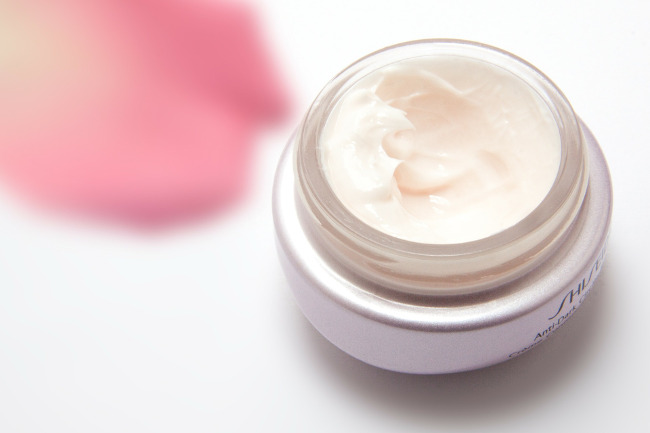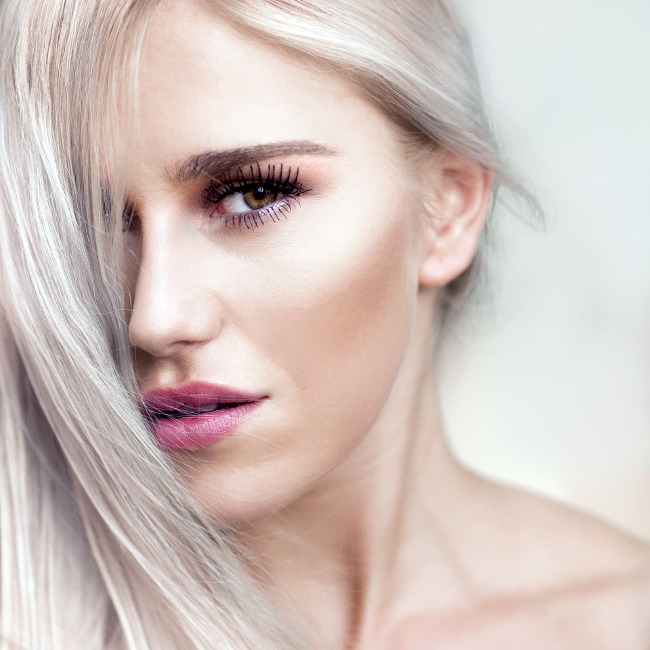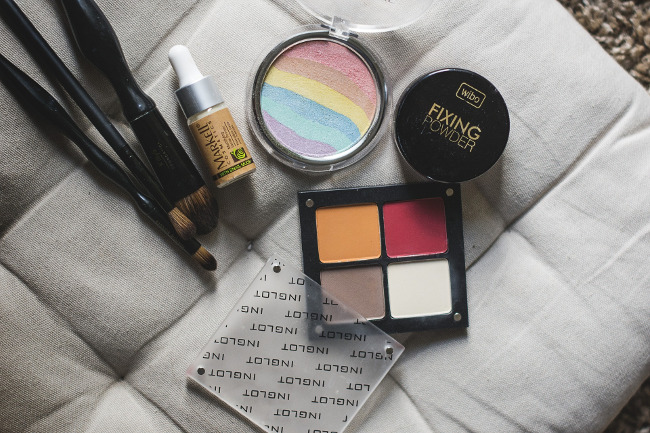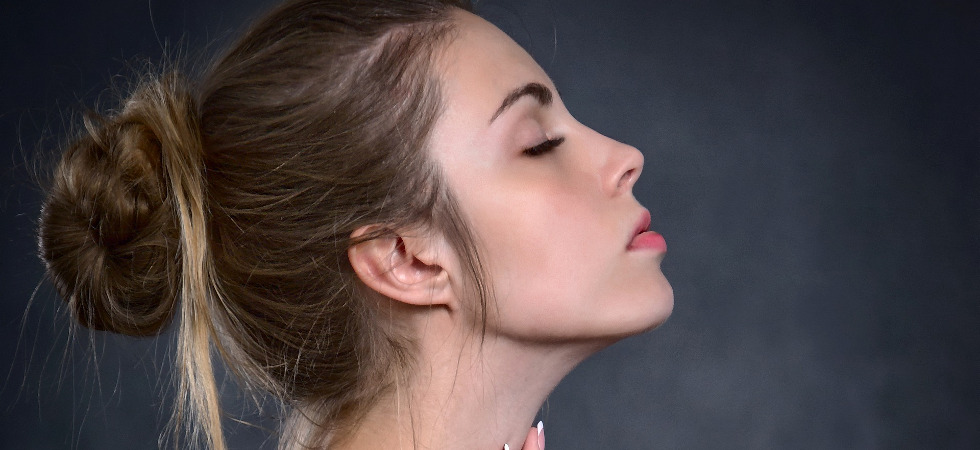Women go through hundreds of beauty products in their lifetime, trying out the hot new thing with buzzy ingredients claiming to do wonderful things to the skin, yet the ugly truth is that most products contain several toxic ingredients that can lead to health risks such as allergic reactions to the skin. It’s easy to be drawn into the “organic” tag where products claim to use 98% organic ingredients yet be wary of the other 2% as this is usually where the toxic stuff lies.
Here, Amanda Von Dem Hagen, skin expert and International Educator at Glo Skin Beauty UK, tells of the seven toxic ingredients most commonly found in our skincare products.
1. Parabens
Parabens are widely used preservatives that give cosmetic products a longer shelf life preventing the growth of bacteria, mould and yeast. However, they posess estrogen-mimicking properties that are associated with increased risk of breast cancer. These chemicals are absorbed through the skin and have been identified in biopsy samples from breast tumours and can be found in makeup, body washes, deodorants, shampoos and facial cleansers.

2. Toluene
Toluene is a petrochemical derived from petroleum or coal tar sources that can be found in products such as nail polish, nail treatments and hair bleaching products. You may see it on labels listed as benzene, toluol or methylbenzene. Toluene is a potent solvent able to dissolve paint and paint thinner, and can affect your respiratory system, causing nausea and irritation to your skin, Toluene has also been linked to immune system toxicity.
3. Petrolatum
Petrolatum is a chemical which can be found in hair products such as hairsprays and styling sprays and is usually the key ingredient that gives your locks that unbeatable shine. However, petrolatum can be contaminated with polycyclic aromatic hydrocarbons, and exposure to PAHs is associated with some cancers. Try to look out for alternatives to petrolatum made with nourishing oils such as jojoba oil and coconut which will give your hair a natural shine.

4. Phthalates
Phthalates are a group of chemicals used in hundreds of products to increase the flexibility and softness of plastics. The main phthalates in cosmetics and personal care products are dibutyl phthalate in nail polish, diethyl phthalate in perfumes and lotions, and dimethyl phthalate in hair spray. They have been linked to increased risk of breast cancer, early breast development in girls, and reproductive birth defects in males and females.
5. Formaldehyde
Formaldehyde is usually used in beauty products to prevent bacteria growth, and can be found in nail polish, body wash, eye shadow and cleansers. The chemical is known to cause skin irritation and may affect the immune system, with links to various cancers. Try to look out for this chemical on packaging and opt for nail polishes which use alternative ingredients.

6. Hydroquinone
Hydroquinone is a skin lightener which is used in many whitening creams which reduces the production of melanin in your skin. It works well for fading hyperpigmentation, acne marks, sun spots, melasma, and other skin discoloration issues, however studies have also shown that long term hydroquinone use can cause exogenous ochronosis, which is when your skin turns a black color, and can cause long-term damage to your pigment cells.
7. Triclosan
Tricolson is a widely used chemical which can be found in products such as tooth pastes, antibacterial soaps and deodorants. The use of triclosan is linked to Abnormal endocrine system and thyroid hormone signalling, as well as a weakening of the immune system. Furthermore, Children exposed to antibacterial products at an early age have an increased chance of developing allergies such as asthma and eczema. It hasn’t been proved that anti-bacterial products using this ingredient work any better than soaps and products without this chemical, so its best to opt for products without triclosan to be safe.






















